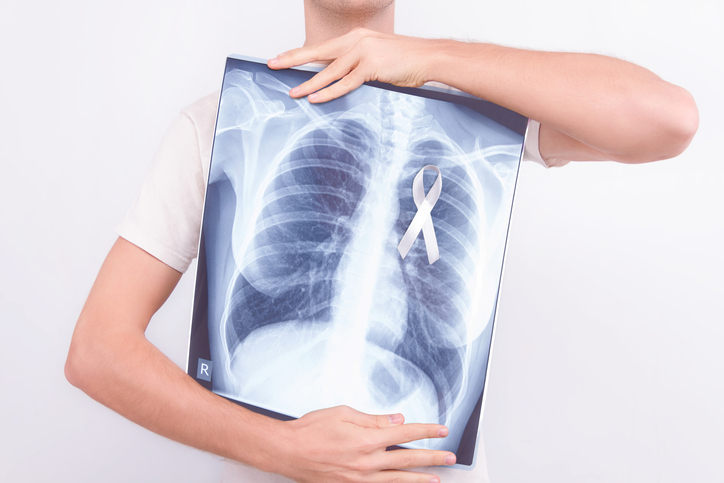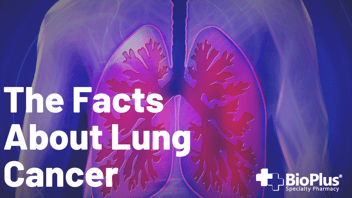November is Lung Cancer Awareness Month, serving as a time to raise awareness about this disease. Every 3.3 minutes someone in the United States dies of lung cancer; minute by minute adding up to 433 lung cancer deaths each day. This makes lung cancer the leading cause of cancer death in this country.
Yet this disease is not without hope. In just the past three years, the U.S. Food and Drug Administration has approved more than twice as many new treatments for lung cancer than it did in the entire previous decade. Meanwhile, there’s an astounding 1,000 clinical trials currently underway related to lung cancer.
In terms of lung cancer prevention, the best advice continues to be very simple:
- Don’t smoke
- If you do smoke, quit immediately
- Avoid secondhand smoke
- Test your home for radon
Lung cancer screening tests introduce some risks, which is why they’re recommended only for those who are symptom-free, but have the dual risk factors of age and smoking history. Thus, the U.S. Preventive Services Task Force recommends yearly low-dose computed tomography (CT scan) screening for lung cancer in this group only:
- A history of heavy smoking, and
- Current smoker or quit within the past 15 years, and
- Between 55 and 80 years old
Immunotherapy, in particular, is an important area of research and medication category for emerging lung cancer treatments. Although a patient’s treatment is ultimately determined based on lung cancer type (small cell vs. non-small cell), cancer staging, and patient-specific factors, immunotherapy medications – such as Keytruda, Imfinzi, Opdivo, and Tecentriq, are making a huge difference in lung cancer long-term survival statistics for certain patients.





